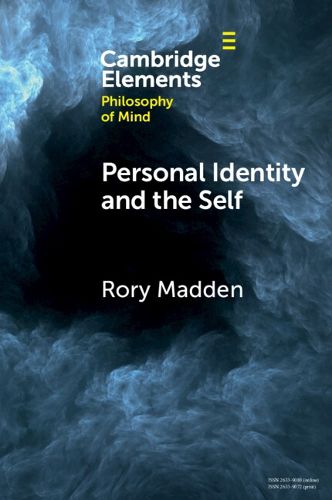Readings Newsletter
Become a Readings Member to make your shopping experience even easier.
Sign in or sign up for free!
You’re not far away from qualifying for FREE standard shipping within Australia
You’ve qualified for FREE standard shipping within Australia
The cart is loading…






What are we? What owns our thoughts and experiences? Are we anything at all? After an introduction, Section 2 assesses a 'no-bearer' theory of experience, and the 'no-self' contention that self-representations are about no real entity, before introducing a positive hypothesis about the objects of our self-representations: the 'animalist' claim that we are biological organisms. Section 3 discusses the classic challenge to animalism that brain transplantation is something we could survive but no animal could survive. This challenge introduces positive alternatives to animalism, as well as animalist responses, including one which questions the assumption that psychology is irrelevant to organism persistence. Section 4 surveys a 'thinking parts' problem and conjoined twinning and commisurotomy, also considered problematic for animalism. The interpretation of these cases revisits questions about bearers of experience, objects of self-representation, and the relation of biology and psychology. This title is also available as Open Access on Cambridge Core.
$9.00 standard shipping within Australia
FREE standard shipping within Australia for orders over $100.00
Express & International shipping calculated at checkout
What are we? What owns our thoughts and experiences? Are we anything at all? After an introduction, Section 2 assesses a 'no-bearer' theory of experience, and the 'no-self' contention that self-representations are about no real entity, before introducing a positive hypothesis about the objects of our self-representations: the 'animalist' claim that we are biological organisms. Section 3 discusses the classic challenge to animalism that brain transplantation is something we could survive but no animal could survive. This challenge introduces positive alternatives to animalism, as well as animalist responses, including one which questions the assumption that psychology is irrelevant to organism persistence. Section 4 surveys a 'thinking parts' problem and conjoined twinning and commisurotomy, also considered problematic for animalism. The interpretation of these cases revisits questions about bearers of experience, objects of self-representation, and the relation of biology and psychology. This title is also available as Open Access on Cambridge Core.